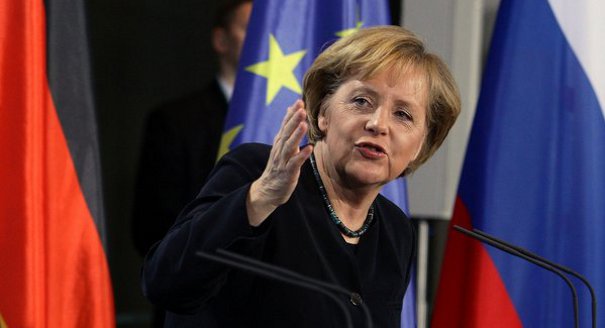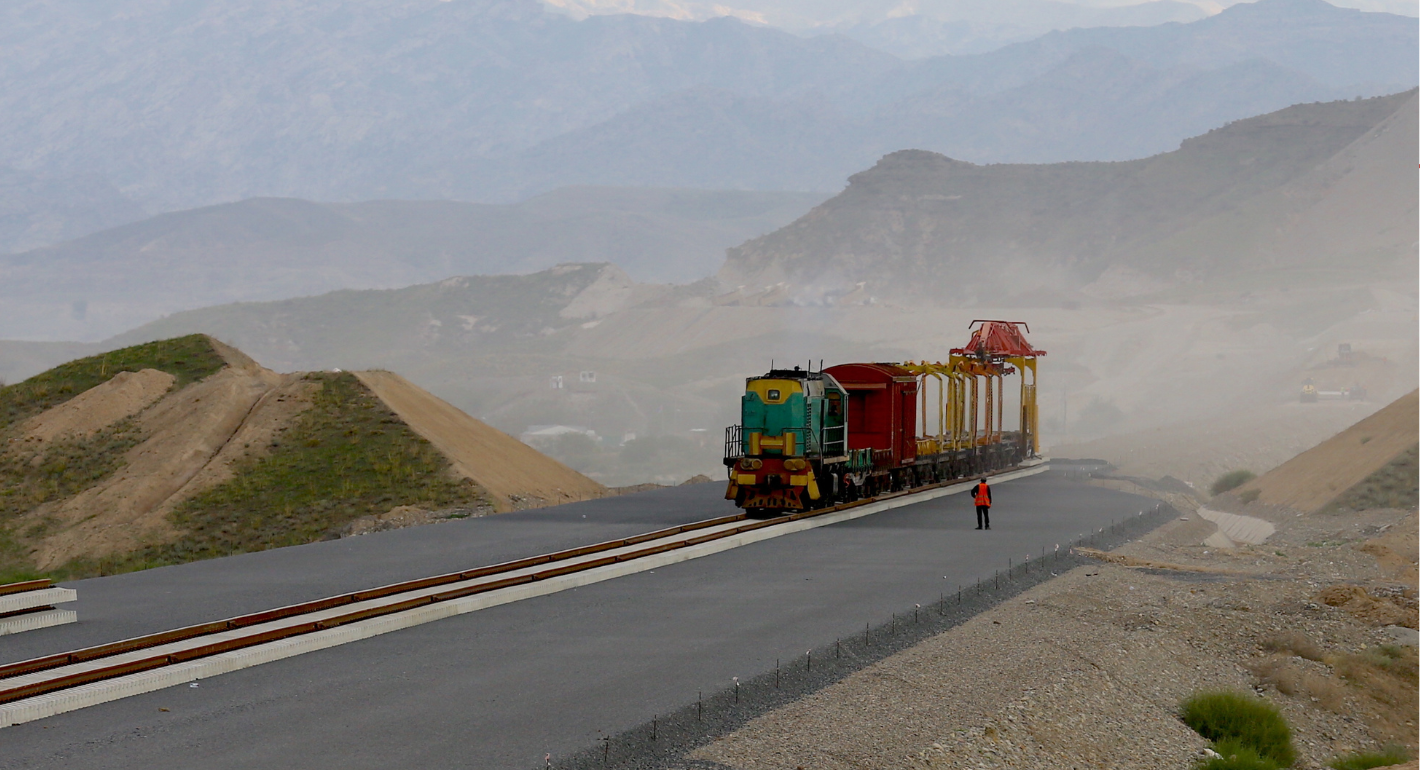This is a very important question.
Over the past few years, Chancellor Angela Merkel has shown little interest in devising any new strategic concept for Russia.
The impact on the rest of the EU is all too obvious. Europe has neither a short nor long-term strategy towards Russia because Germany is not thinking about this particular relationship.
It’s all too easy to blame the Euro crisis and how it has devoured Merkel’s time or the fact that she does not get on with Putin at all, which she will try to disguise a little when he visits Berlin on Friday.
This will not be his first official foreign visit since returning to the Kremlin as president this month. Belarus’s president, Alexander Lukashenko has the ambiguous honor of hosting Putin this Thursday.
Historically speaking, it is highly unusual for Berlin not to be thinking about Russia. The relationship is so complex, so drenched in war, rivalry, and ambition that successive German governments since the late 1940s made Russia a priority.
The division of Germany was reason enough for any German government to keep edging the door open to the Kremlin. This culminated in the policy of Ostpolitik, or Eastern policy and did not change even when Germany was reunited in 1990, over twenty years ago.
But now something is different. There is a growing frustration and disinterest among the German political class towards Russia. The reason is that despite all the attempts at trying to assist Russia in modernizing its economy, there have been very few results.
Merkel has set the mood by doing next to nothing about Russia.
Germany, and for that matter, Europe hardly reacted to President Obama’s "reset" button with Russia. Nor did they seem to care much as relations between Moscow and Washington began to frost over again.
Merkel seems to have no interest in pursuing the policy of “change through interweaving” devised between 1998 and 2005 by the Social Democrats under Chancellor Gerhard Schroder.
The belief was that forging close economic ties would bring Russia closer to Europe and in turn would have positive political spin-offs. These would include clearer property and investment laws, a more transparent judiciary and less corruption. In short, it was hoped that such changes would eventually spur political democratization.
It did not happen.
There have been few big modernization projects. German industry still clings to the idea that the "change through interweaving" is the best model for modernization and thus influencing political change in Russia, but their efforts have gone nowhere, either.
Merkel was never a great fan of that policy. In 2010, she tried another tack.
During long talks with then Russian president, Dimitri Medvedev at Schloss Meseburg, just outside Berlin, the two leaders agreed to try together to resolve the frozen conflict in Transnistria, Moldova. In return, Russia would get to establish some kind of relationship with the EU’s political and security committee.
Nothing came of that trade-off. Germany’s EU partners had not been consulted which didn’t help. And when the Chancellery tried to follow up on the Transnistria issue, Russia did not reciprocate. Russia, in short, was snubbing its most important bilateral partner. The consequence was that Russia was squandering its most influential ally inside the EU.
It is hard to say why Russia acted this way towards Germany. Perhaps Putin was miffed that Berlin did not embrace the Kremlin’s new security architecture that was more focused on Europe at the expense of the Euro-Transatlantic relationship. Perhaps Putin disliked Merkel’s stance on human rights and her refusal to continue with the soft attitude that Schroder had adopted.
Whatever the reasons, the effect is that Germany, with Putin back in the Kremlin, has no coherent, long-term policy towards Russia.
This is a big mistake. Germany must see that Russia is being pulled in two contradictory directions: the Putin way and the civil society way.
Putin’s rhetoric is increasingly defensive: anti-NATO, anti-missile defense, and anti-democracy inside Russia or in regions like the Middle East.
But there is also Russia’s increasingly self-confident civil society that is in no mood to be cowed into submission. Writers are joining a movement that is tired of the lies and the corruption, the politically indifferent oligarchs, the neglect of the infrastructure and the environment.
It is this new emerging Russia that Germany should reach out to, and quickly.
If Merkel believes in values and defending Germany’s interests, it is time she applied her values and interests to the second Russia and devised a strategy to foster its development.
For the first time in post-war history, then, Germany—and with it Europe—would be reaching out to a wider Russia well beyond the Kremlin’s fortress.









